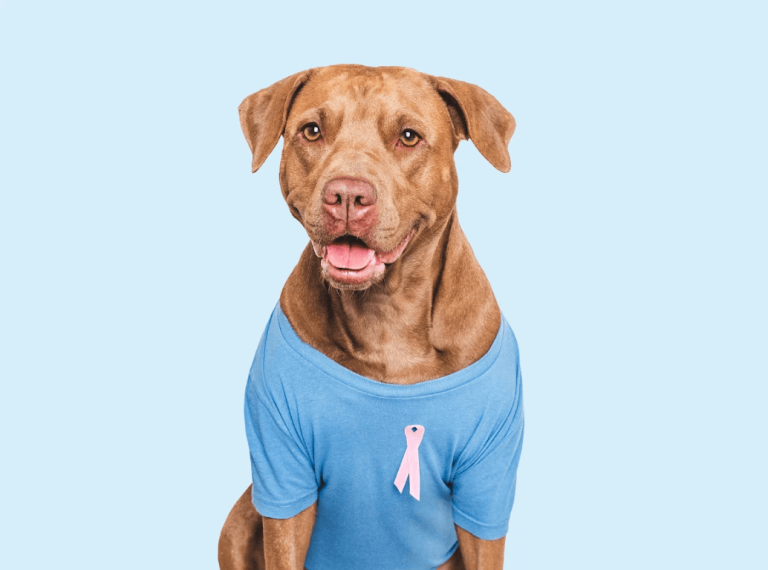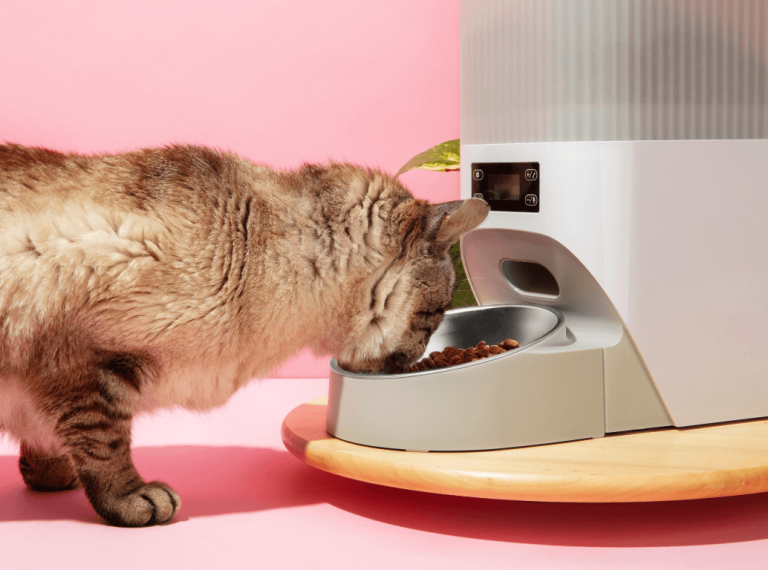The idea that cats need to drink milk is a common myth, one that has been perpetuated by cartoons, advertisements, and popular culture. While many people associate milk with cats, it’s important to understand that it’s not a necessary or healthy part of their diet. In fact, offering milk to cats can lead to digestive issues and potential health problems.
The primary reason why milk is not suitable for most cats is that many adult cats are lactose intolerant. Lactose is the sugar found in milk, and to digest it properly, animals need an enzyme called lactase. Most adult cats have very low levels of lactase, meaning they cannot break down lactose effectively. When lactose-intolerant cats drink milk, they can experience stomach upset, diarrhoea, and other gastrointestinal problems. This is especially true for the high-fat, whole milk that is often offered to cats in popular depictions.
Even kittens, who are born unable to eat solid food, rely on their mother’s milk or specially formulated kitten milk replacers until they are old enough to transition to solid food. Kittens are able to digest milk because they produce lactase during their early development. However, as cats grow and mature, their ability to process lactose diminishes.
Additionally, milk is not a balanced or nutritious food for cats. Cats are obligate carnivores, meaning their bodies require a diet that consists primarily of meat. Offering milk as a treat or supplement doesn’t provide the essential nutrients that cats need, such as protein, vitamins, and minerals. It also adds unnecessary calories and can lead to weight gain or nutritional imbalances if fed too often.
If you want to treat your cat, there are far healthier options, such as specially formulated cat treats or even small portions of meat. So, the next time you think about offering your cat a bowl of milk, it’s best to skip it and stick with fresh water to keep them hydrated and healthy.





